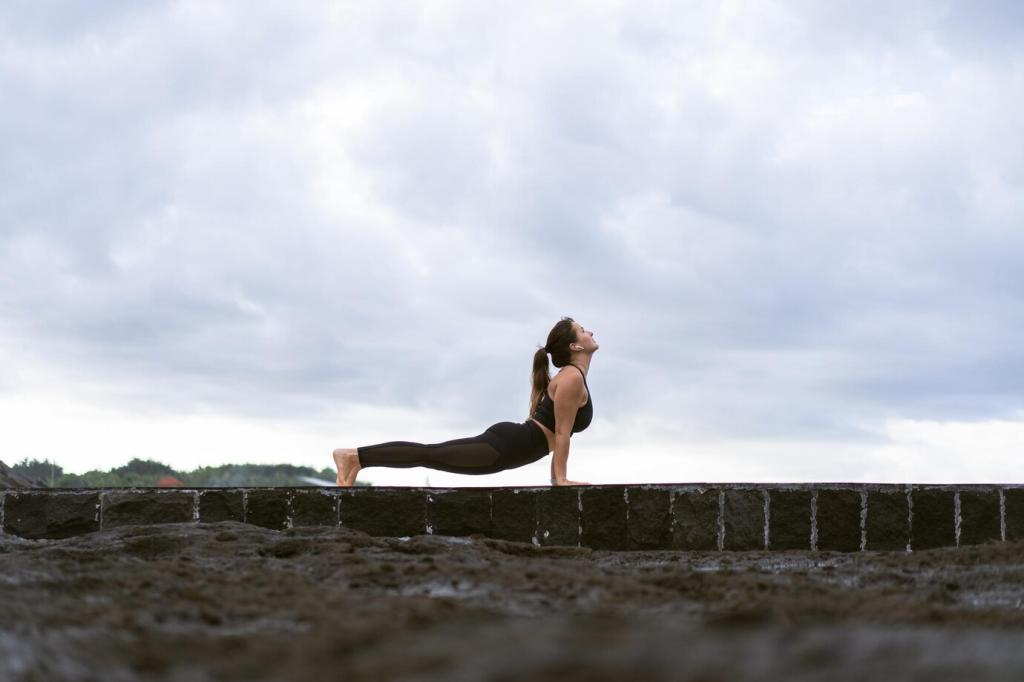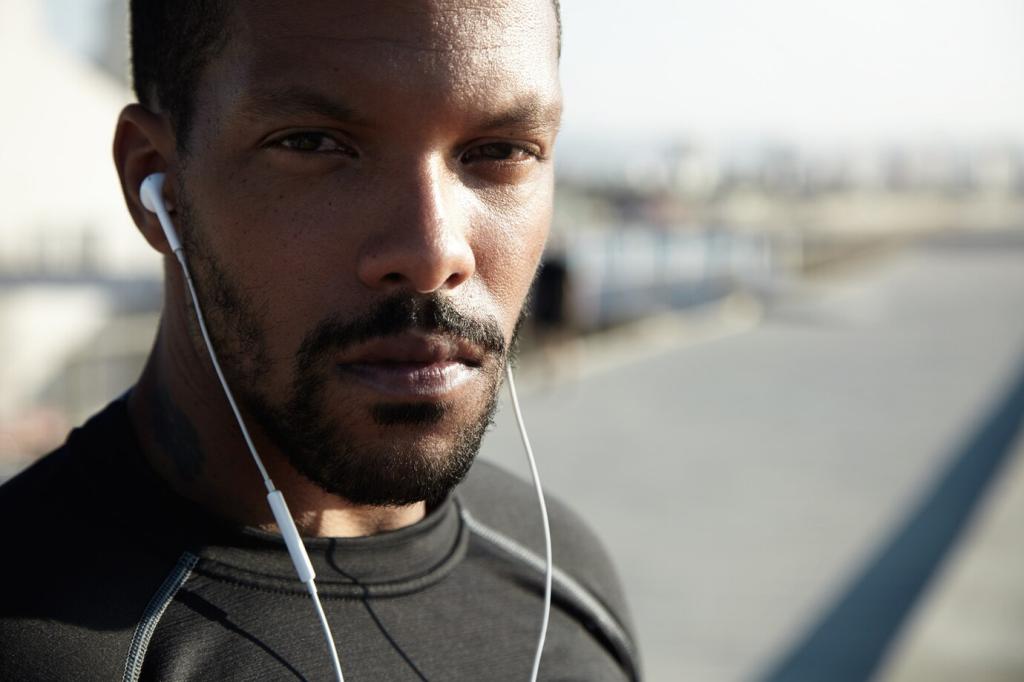Practice Plans That Build Mindful Consistency
Spend five to eight minutes on breath work and intention setting. Visualize how you want to move, communicate, and respond to setbacks. Share your intention with a teammate to strengthen accountability.
Practice Plans That Build Mindful Consistency
Insert thirty second breath resets between high intensity reps. Eyes soft, exhale longer than inhale, feel feet grounded. This protects technique under fatigue and teaches composure during critical late game sequences.








